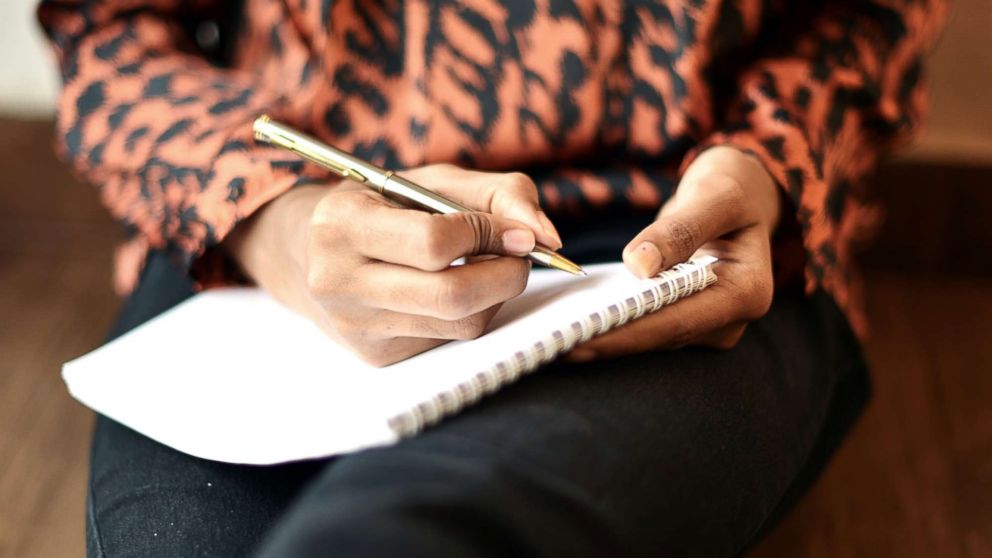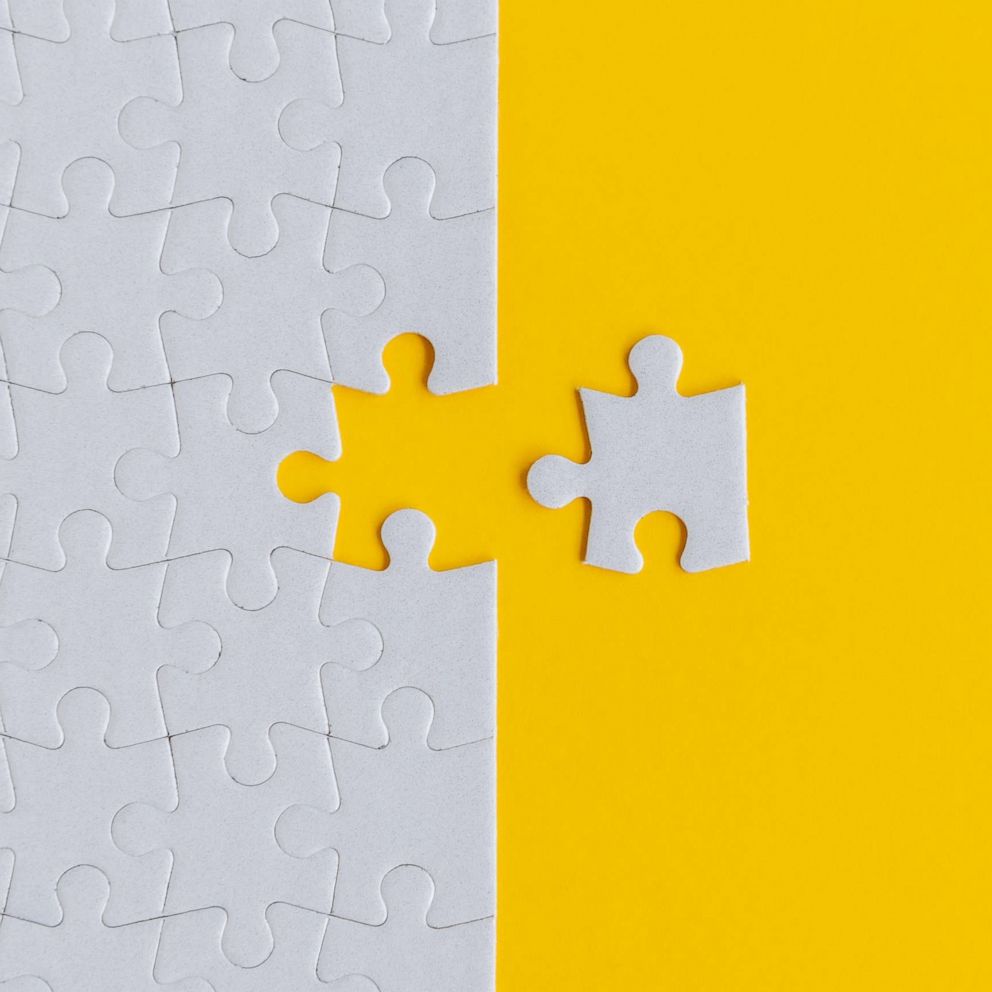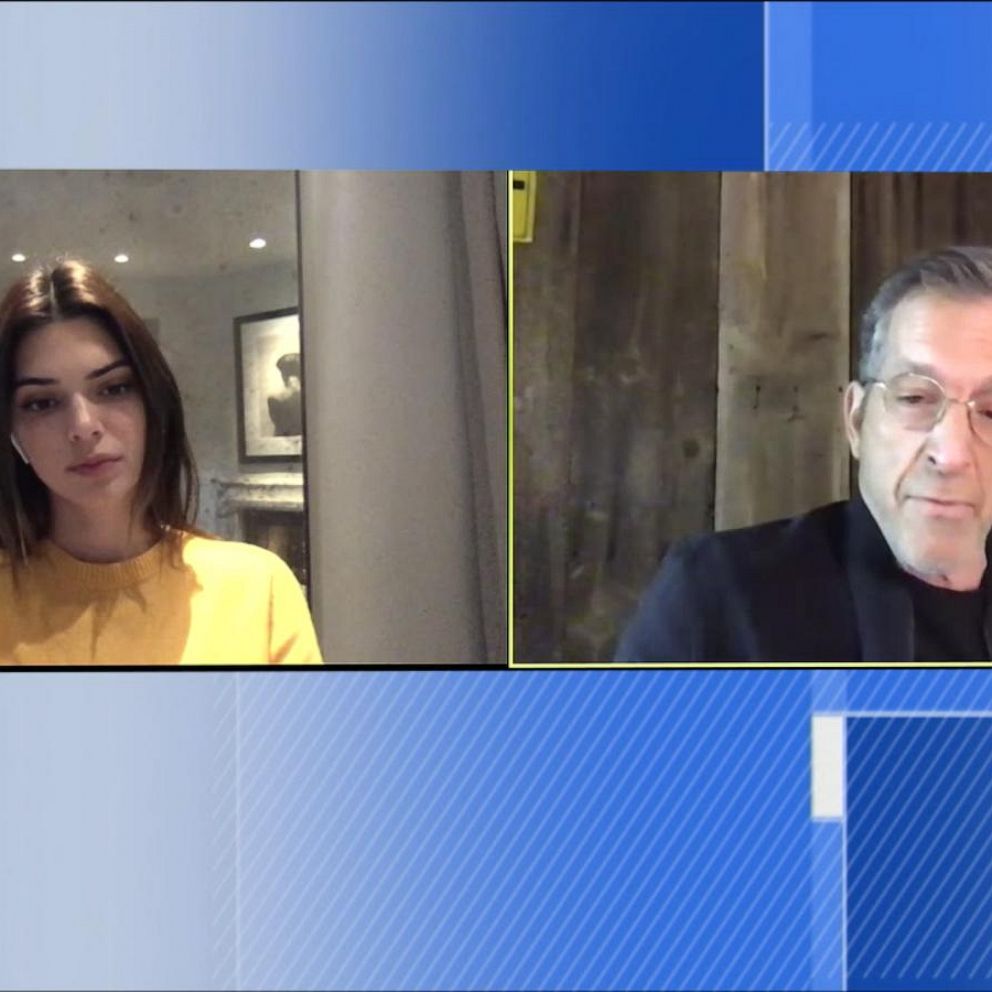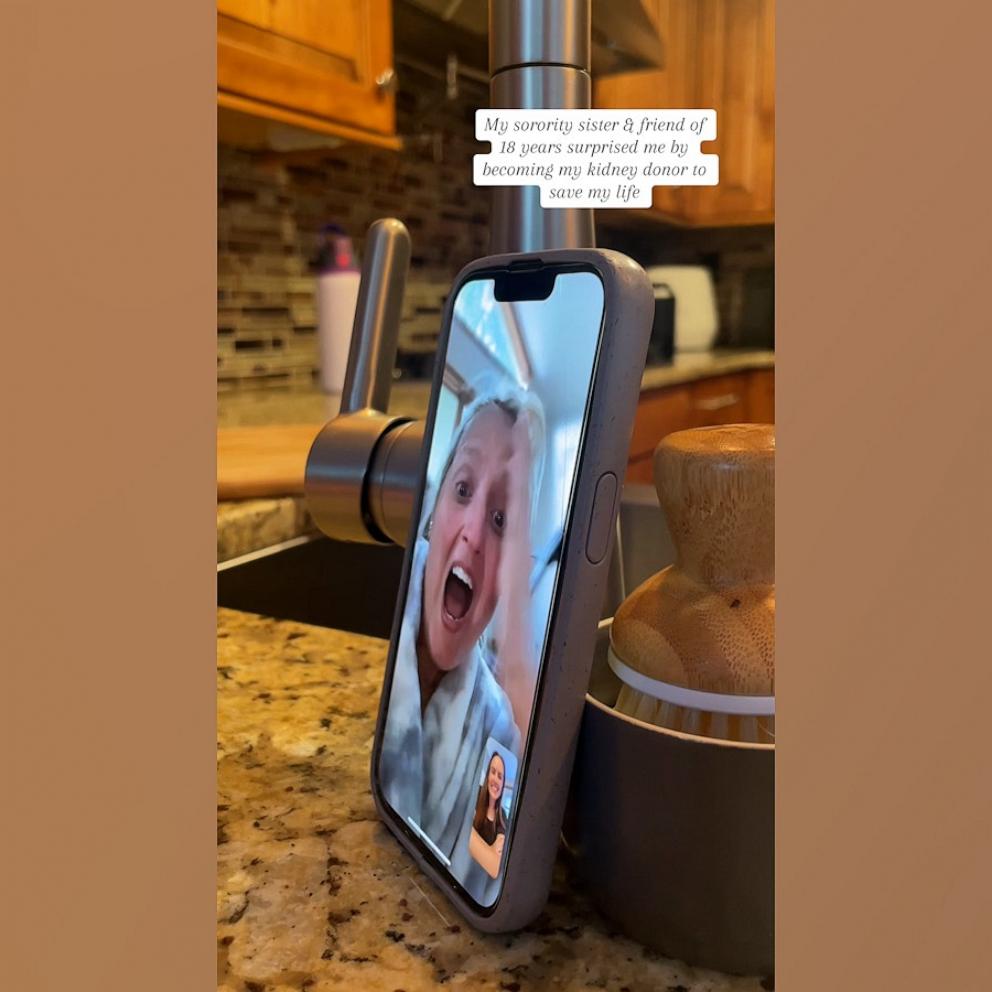How to stay positive during coronavirus: 4 habits to transform your happiness
Amid the coronavirus pandemic and isolation, our mental health is more fragile than ever. For Mental Health Awareness Month, "GMA" is sharing resources, tips and ways to protect your mental health.
Four habits that take up just 21 minutes each day can be the key to more happiness in life, according to Shawn Achor, author of “The Happiness Advantage.”
One of the habits, spending two minutes a day thinking of what you’re grateful for, can have dramatic results on your health and happiness, Achor's research shows. Expressing gratitude to someone else once over the course of the day can do the same.
(MORE: 9 ways to boost your mental health as the coronavirus pandemic continues)
“Not only do we train our brain to become more optimistic and positive, but if we keep the pattern going, it actually allows us to make the choice of happiness an easier choice,” Achor told “Good Morning America.”
The benefits of gratitude range from boosting energy and reducing depression to increasing both optimism and social connections, which are two of the greatest predictors of long-term happiness, according to Achor.
Achor, also the author of "Big Potential," is the architect behind a push for gratitude at Schaumburg District 54, a school district in Schaumburg, Illinois.
With Achor's help, the school district implemented a year-round happiness curriculum. A key component of the curriculum is gratitude, where students learn to be thankful for not what they may want, but what makes them happy right now.
The students learn gratitude through exercises like writing a letter to someone for whom they are grateful.
(MORE: Country star Brett Eldredge says therapy has changed his life)
“We know that, when the brain is grateful and positive, every single educational outcome -- every single business outcome [that] we know how to test for -- rises significantly and many of our health outcomes, as well,” Achor said.
The four happiness hygiene habits that, together, take up just 21 minutes of the day will help you make gratitude a part of your daily life, and reap its benefits, according to Achor.
Here are Achor's descriptions of the habits, in his own words.
Two minutes of emailing
"Write a two-minute maximum email each day praising or thanking a different person in your life."
"Not only do you often receive positive emails back, but this habit significantly increases your social connection. Social connection (the breadth, depth and meaning in your social relationships) is the greatest predictor of long-term happiness. Social connection is also as predictive of how long you will live as obesity, high blood pressure or smoking."
Fifteen minutes of movement
"Fifteen minutes of cardio each day can be the equivalent of taking an antidepressant, and acts as a gateway drug because people who do this one start adding on entire constellations of positive habits."
Two minutes of meditation
"Two minutes of meditation -- simply watching your breath go in and out -- improves accuracy on tasks by 10 percent, significantly reduces stress, improves sleep and raises engagement scores."
Two minutes of journaling
"Two minutes of journaling about a positive, meaningful experience each day can significantly decrease pain symptoms, decrease stress and increase the amount of meaning you feel in your life."
"Simply think of one meaningful event that happened over the past 24 hours and then on a sheet of paper, bullet point three details you can remember (Where you were, what you were wearing, what you said, etc.). We call this the "Doubler" because your brain struggles to tell the difference between visualization and actual experience, so you are doubling a meaningful event each day."
Editor's note: This story was originally published on Dec. 24, 2018.







